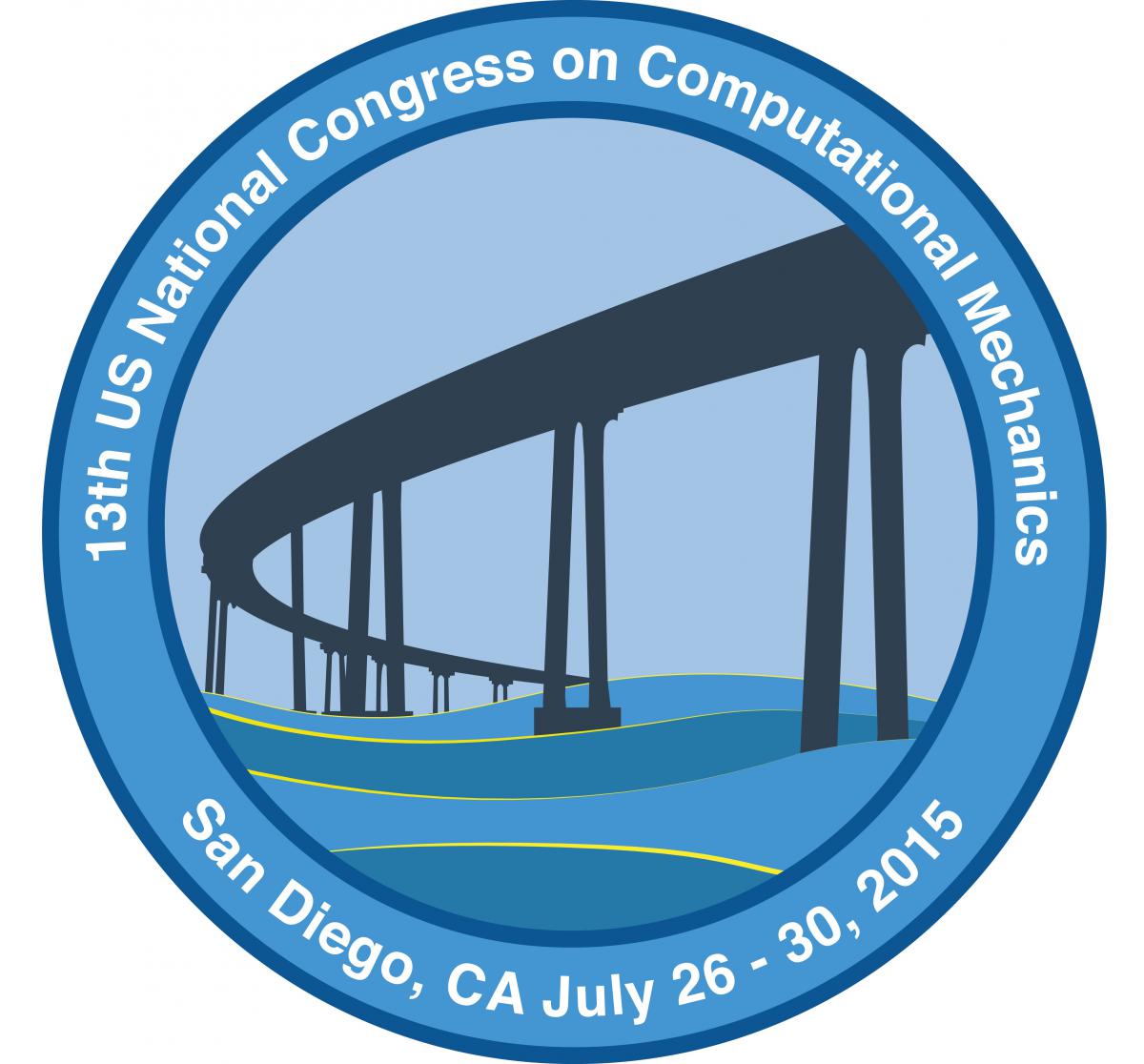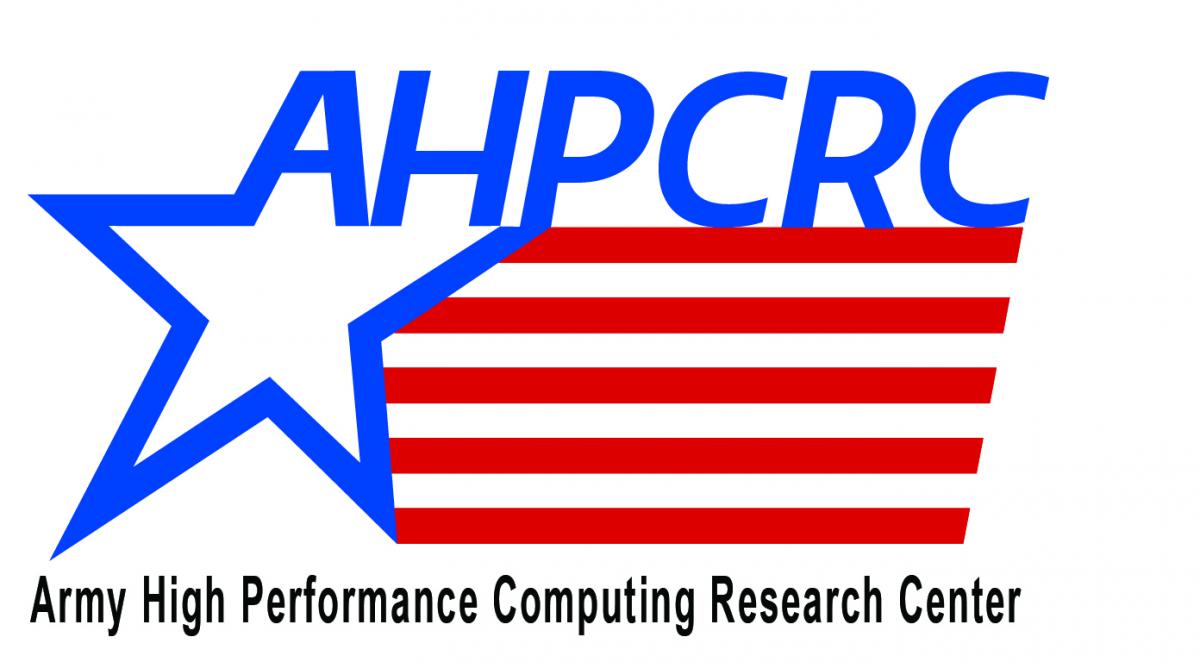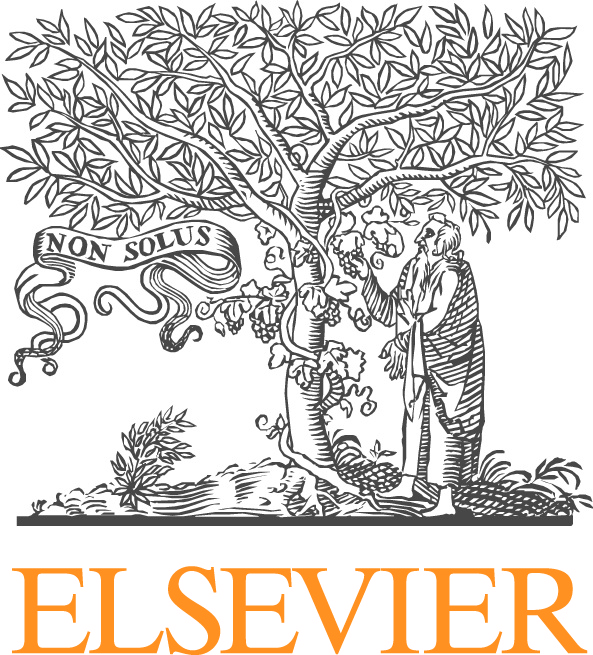Immersed and Advanced Fluid-Structure Interaction Computational Strategies
This mini-symposium focuses on recent advancements in the numerical simulation of Fluid-Structure Interaction (FSI) problems, of interest in a variety of engineering applications: biomedical, aerospace, naval... The modelling of FSI problems is one of the most active and challenging fields in computational mechanics. From the mathematical perspective, the main difficulty is the existence of a multi-field problem with nonlinear boundary conditions imposed on moving interfaces separating the various phases (i.e. fluid, structure) where the position of the interface is part of the overall solution of the problem. The optimal choice of specific numerical strategies for the discretisation of the fluid, the solid and the interface is still an open field.
Recently, immersed or embedded computational strategies, designed to embed the solid phase within a fluid phase analysed in a purely Eulerian fashion, have received special attention due to their ability to deal with complex geometries undergoing extreme deformations or topological changes. This mini-symposium specially welcomes contributions within this field, but it also encourages submissions focussed on the very latest scientific developments in the more classical boundary-fitted approach.
A variety of computational aspects can be presented as part of this mini-symposium, including, among others,
• Novel computational frameworks ( e.g. immersed, monolithic, staggered ... ).
• Sophisticated discretisation techniques for the various phases involved, ranging from well-known finite element or finite volume methods to alternative meshless methods or new isogeometrical (i.e. NURBS) techniques.
• New iterative methods specifically designed to accelerate the convergence of the multi-field coupled problem.
• Applications where immersed flexible structures or immersed rigid bodies are relevant.
• Consideration of the whole class of flexible multibodies embedded in the fluid (e.g. beams, shells).
Both theoretical and more applied contributions are of interest in this mini-symposium. All in all, the aim is to provide a forum for active senior scientists, industrialists and young researchers to discuss the most recent advances and perspectives for future developments in the field of FSI problems.





